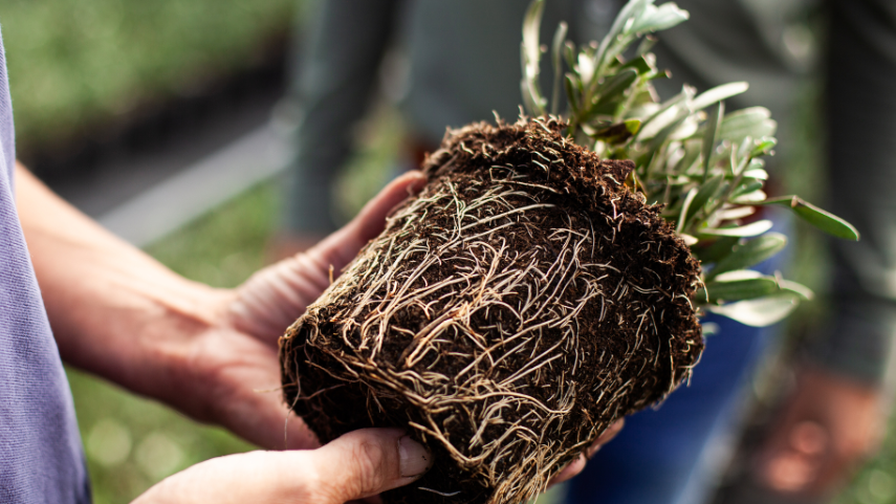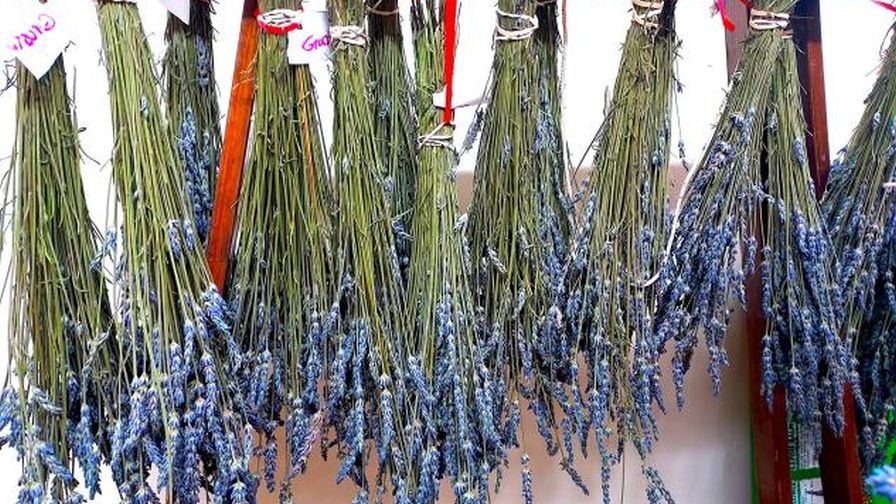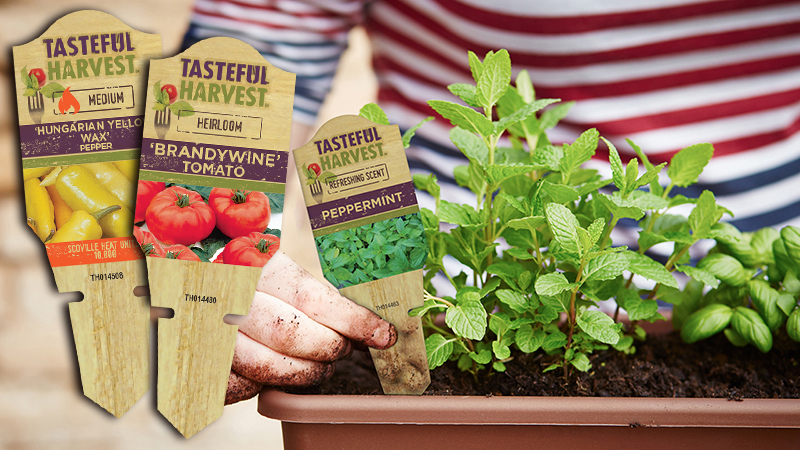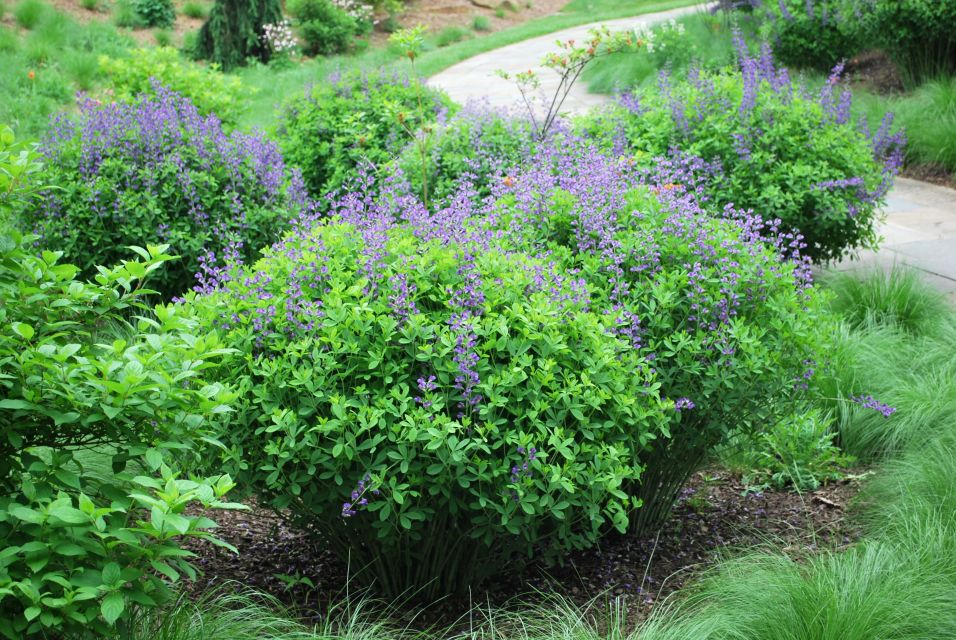Passion: The Main Ingredient
Real-world triumphs and success stories are always the most inspiring. I read a great one in the March issue of US Airways Magazine. It was an excerpt from “Rubies In The Orchard,” a marketing strategy book written by Lynda Resnick, the “PomQueen” who defied conventional wisdom when she created a market for POM Wonderful pomegranate juice.
She and her husband, Stewart, own Paramount Farms and Paramount Citrus and are the largest farmers of tree crops in the United States, with the nation’s largest orchards and processing plants for citrus, almonds and pistachios. They also have a link to our industry as owners of Teleflora, the world’s largest floral service company. After purchasing Teleflora in 1979, it was Lynda’s vision in 1980 to pair fresh cut floral arrangements with keepsake containers as “Flowers in a Gift.”
This woman has had a fascinating 40-year career in marketing running her own full-service advertising agency beginning at age 19 and also being involved with very large-scale agricultural production. She’s a great writer, so I was immediately drawn into her story about launching POM Wonderful.
More than 20 years ago, the couple purchased more than 100 acres of mature pomegranate trees in California’s San Joaquin Valley and planted hundreds more through the 1990’s. Wonderful is the name of the variety they grow. Although pomegranates are a niche crop, they were still handled like a commodity. They also aren’t the type of fruit people eat every day because they require some work to peal and eat the ruby-colored arils. The flesh is not eaten.
In consumer studies, only one in 10 Americans were familiar with pomegranates and less than half of that group had eaten one in the past year. But in the rest of the world, there are centuries worth of folklore and medicinal uses for pomegranates.
Lynda and Stewart funded research at several leading universities to see if there was any scientific proof pomegranate juice has healing properties. The results were astounding. They learned pomegranate juice is rich in antioxidants, reduces arterial plaque, inhibits pain and inflammation and is even effective against prostate cancer.
The next step was to learn how to make the juice consistently and find a market for it. All the business advisors and marketing experts suggested just making the juice a blend with filler juices along side all the other juices at the supermarket. Lynda said that strategy would be completely wrong. This juice was like a fine burgundy and potentially the most healthful nectar on the planet. It deserved to be in a special bottle that promoted heart-health benefits and sold in the refrigerated juice section.
While the naysayers said, “No one will pay $3.50 for a small bottle of juice,” demand outdistanced supply by 300 percent. The health message and premium positioning worked because the benefits and differentiation were real. We’ve also seen this play out in the best marketing strategies in our industry with Wave petunias, Knock Out roses and Proven Winners. You need to pair strong marketing and packaging with the right products. Good marketing for inferior products leads to a dead end.
Resnick also emphasizes the people side, how important it is to be convinced of the value of your products. “Before you spend a nickel to convince a consumer of anything, make sure you’ve convinced yourself and the people in your office,” she says. “If even a small core of consumers begins to have faith in your product, you’ve got the building blocks of a winner.”









